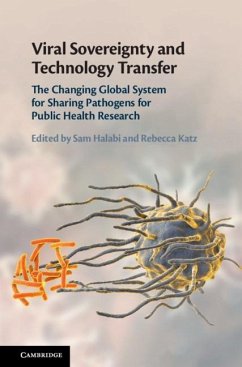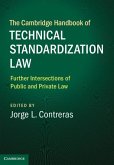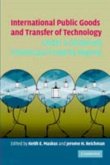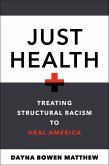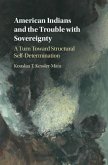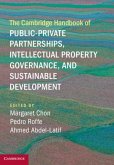In the global infectious-disease research community, there has long been uncertainty about the conditions under which biological resources may be studied or transferred out of countries. This work examines the reasons for that uncertainty and shows how global biomedical research has been shaped by international disputes over access to biological resources. Bringing together government leaders, World Health Organization officials, and experts in virology, wildlife biology, clinical ethics, technology transfer, and international law, the book identifies the critical problems - and implications of these problems - posed by negotiating for access and sharing benefits, and proposes solutions to ensure that biomedical advances are not threatened by global politics. Written in accessible, non-technical language, this work should be read by anyone who sees global health and biomedical research as a priority for international lawmakers.
Dieser Download kann aus rechtlichen Gründen nur mit Rechnungsadresse in A, B, BG, CY, CZ, D, DK, EW, E, FIN, F, GR, HR, H, IRL, I, LT, L, LR, M, NL, PL, P, R, S, SLO, SK ausgeliefert werden.

